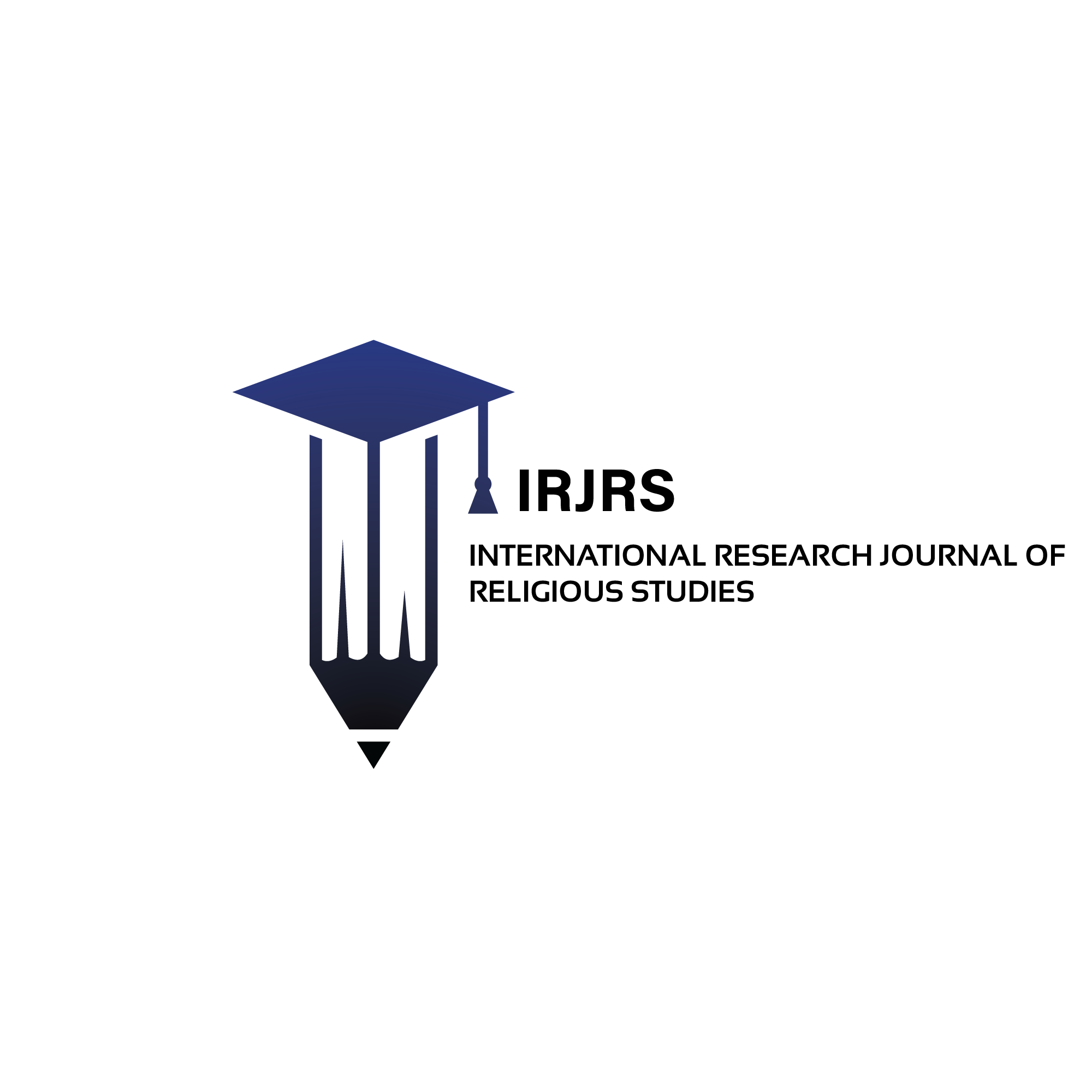ROLE OF RELIGION IN THE POLITICS OF PAKISTAN & INDIA
Abstract
Pakistan's political trajectory has been strongly influenced by religion because the country emerged as a Muslim state. The situation can be divided into two stages: the pre-partition and post-partition eras. Islam was an effective means for political mobilisation during the pre-partition era, helping to establish a Muslim state. However, the leadership's emphasis on the role of religion greatly decreased once the political goal of nationhood was achieved. Because the people wanted a Muslim country and the leadership wanted a secular state, a dispute over ideology arose. The two-nation theory, which served as a basis for Pakistan, came to be defunct on August 11, 1947, when Quaid-i-Azam Muhammad Ali Jinnah stated in the public eye that religion was a matter for the individual and focused on the equality of all religions. The value of religion in Pakistan's political growth has been highlighted in different works, such as the 1962 Constitution, the Objectives Resolution, the Basic Principles Committee Report, and the anti-Ahmadiya riots.








